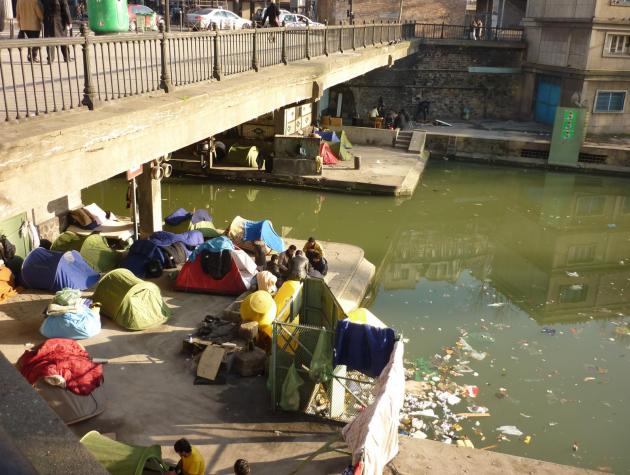Global Migration Governance – the Emergence of a New Debate
Author: Alexander Betts
Abstract
Unlike many other trans-boundary issues such as trade, the environment, and finance, migration lacks an easily identifiable institutional framework at the global level. There is no UN migration organization. However, this is not to say that there is no global migration governance. States have long recognised that they cannot address the challenge of migration without international cooperation. Consequently, there
is a rich tapestry of multiple institutions that co-exist across the bilateral, regional, inter-regional, and multilateral levels, through both formal and informal structures. The emerging architecture is a very different kind of global governance to the formal multilateralism of the Post-1945 era.
In this context, a debate has emerged within policy and academia on global migration governance. At the policy level, reports such as the Doyle Report (2002) and the Global Commission on International Migration (2003-5) have been published, and the International Catholic Migration Commission (ICMC) recently began an initiative called ‘Conversations on the Global Governance of Migration’. Within academia, a number of publications have started to address issues of global migration governance. However, despite these developments, the overall picture of global migration governance remains incoherent, poorly understood, and lacks an overarching vision.
Author Bio
Dr Alexander Betts is the Hedley Bull Research Fellow in International Relations at the University of Oxford, where he is also Director of the MacArthur Foundation-funded Global Migration Governance project, and a Fellow of Wadham College. He completed a D.Phil in International Relations at the University of Oxford. In addition, he holds a First Class honours degree in Economics from the University of Durham, and an MSc in International Relations and M.Phil in Development Studies (both with Distinction). He has won a number of academic awards including the Eugene Havas Memorial Prize, the European Association of Development and Training Institutes (EADI) prize for postgraduate research in development studies and the Babsybanoo Marchioness of Winchester Prize. He has previously worked in the Executive Office at UNHCR Headquarters in Geneva and as a consultant on refugee and migration issues for UNHCR, IOM and the Council of Europe. He is Senior Researcher at the Global Economic Governance Programme (GEG) and a Research Associate of the Refugee Studies Centre (RSC), the Centre for Migration, Policy and Society (COMPAS), and the Centre for International Studies (CIS).




